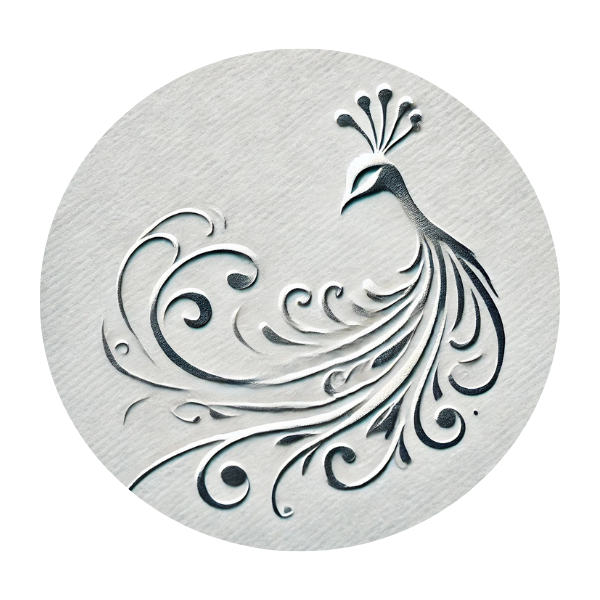ENVY
I transform envy into gratitude for the success of others and inspiration to succeed myself
WHAT IS ENVY?
A feeling of discontent or resentful longing aroused by someone else’s possessions, qualities, or luck.
Synonyms: Jealousy, Resentment
Antonym: Generousity
“Envy is the art of counting the other fellow’s
blessings instead of your own.”
Harold Coffin
HOW TO RECOGNIZE ENVY IN OTHERS
AND ONESELF
HOW TO RECOGNIZE
IN OTHERS
Body Language
Crossed arms, stiff posture,
glances at others
Facial Expressions
Tightened lips, narrowed eyes,
forced or insincere smile
HOW TO RECOGNIZE
IN ONESELF
In the Body
Tightness or discomfort in the chest,
restlessness
In the Mind
Comparative or resentful thoughts,
desire for what others have
HOW TO RECOGNIZE ENVY IN OTHERS
AND ONESELF
HOW TO RECOGNIZE
IN OTHERS
HOW TO RECOGNIZE
IN ONESELF
Body Language
Crossed arms, stiff posture,
glances at others
In the Body
Tightness or discomfort in the chest,
restlessness
Facial Expressions
Tightened lips, narrowed eyes,
forced or insincere smile
In the Mind
Comparative or resentful thoughts,
desire for what others have
How can I reframe envy as inspiration
rather than comparison?
TIPS AND TRICKS ON HOW TO DEAL WITH THIS
EMOTION

List three things you’re grateful for in your life to shift focus away from envy and toward abundance.

Send goodwill to the person you feel envious of, cultivating compassion and reducing negative feelings.

Write about your strengths and achievements, reframing your focus away from comparisons to others.

Visualize green light at your heart center, focusing on opening it to joy for others’ success.

Create art that expresses your feelings of envy, transforming the emotion into creativity.

Stand barefoot on the ground, focusing on the present moment to center yourself and release envious thoughts.
CURIOUS FACTS ABOUT ENVY
ANIMALS ASSOCIATED WITH ENVY
Different animals are associated with different emotions in different cultures. Flip the coins to found out more:




